Innovative Financing Schemes: Strengthening the Agro-Industry & The Social Economy in the South-Southeast Region of Mexico
Financials
Progress in funding
Total requested (USD)
Allocated by Joint SDG Fund (USD)
Total Funding (USD)
Leverage Target (USD)
Results�
The completed preparatory phase centered on the design and refinement of the financial mechanisms and the identification of partners and investors.
The programme�
Why
Large segments of the Mexican population and businesses are financially underserved. Significant barriers persist in accessing financial services for women, youth, SMEs, and vulnerable groups. Only 15% of the population has access to commercial loans. In the rural sector only 7% of adults have access to formal credit while 56% of credit is obtained through informal channels. These groups are only served by microfinance institutions with interests rates up to 75% and weekly payments provisions. High level of perceived risks, lack of guarantees or registered collaterals, high costs of financial services, and limited financial literacy are the main challenges faced in achieving access to finance in Mexico. Furthermore, the financial system lacks a systematic approach to environmental risk assessments.
What
Milk production in Chiapas, Tabasco y Veracruz, will increase by 10% and contribute to reduced poverty and hunger. 22 partner financial institutions will be empowered to expand access to finance and apply SDG-aligned practices in southern Mexico. There will be 3,000 new loans to local producers with more than 50% of women and 30,000 indirect beneficiaries through improved income. Methan and CO2 emissions will be reduced from 38,000 cows and 50,000 hectares under sustainable grazing practices.
How
SDG criteria will be integrated in Mexican development finance institutions and commercial banks. Existing public financial instruments will be upgraded to unleash under-utilized liquidity in the Mexican development system starting with a pilot facility for the dairy-bovine value chains in Southern Mexico. The model will be then replicated in other agricultural value chains and in other regions. Financial intermediaries will access a guarantee facility managed by FIRA and co-capitalized by the Mexican Government, while producers will access technical assistance from the UN system.
Financial instruments�
$8M Guarantee mechanism combined with a technical assistance facility will increase access to financing to underserved producers and SMEs in the agro-industry sector and the social economy in the South- Southeast region of Mexico. The guarantee fund will mobilize 1:1 in cash collateral to de-risk loans provided by Trust Funds for Agriculture Development finance institution (FIRA) for sustainable projects that target women, youth, small dairy producers and SEOs. The fund will be housed within the existing fund FEGA with coverage of 40%, 50% and up to 80%. FEGA is sustained by fees based on the default rate of each financial intermediary, and overall coverage is guaranteed up to US$ 6 billion.
UN Implementers
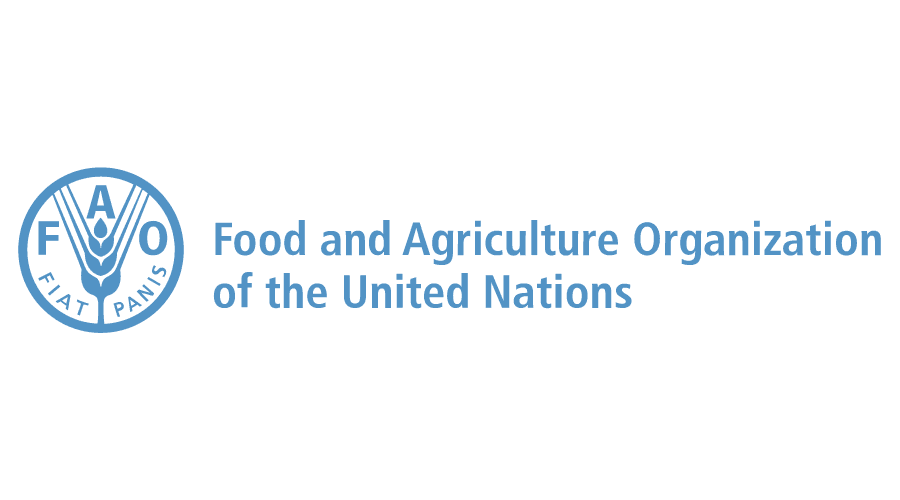
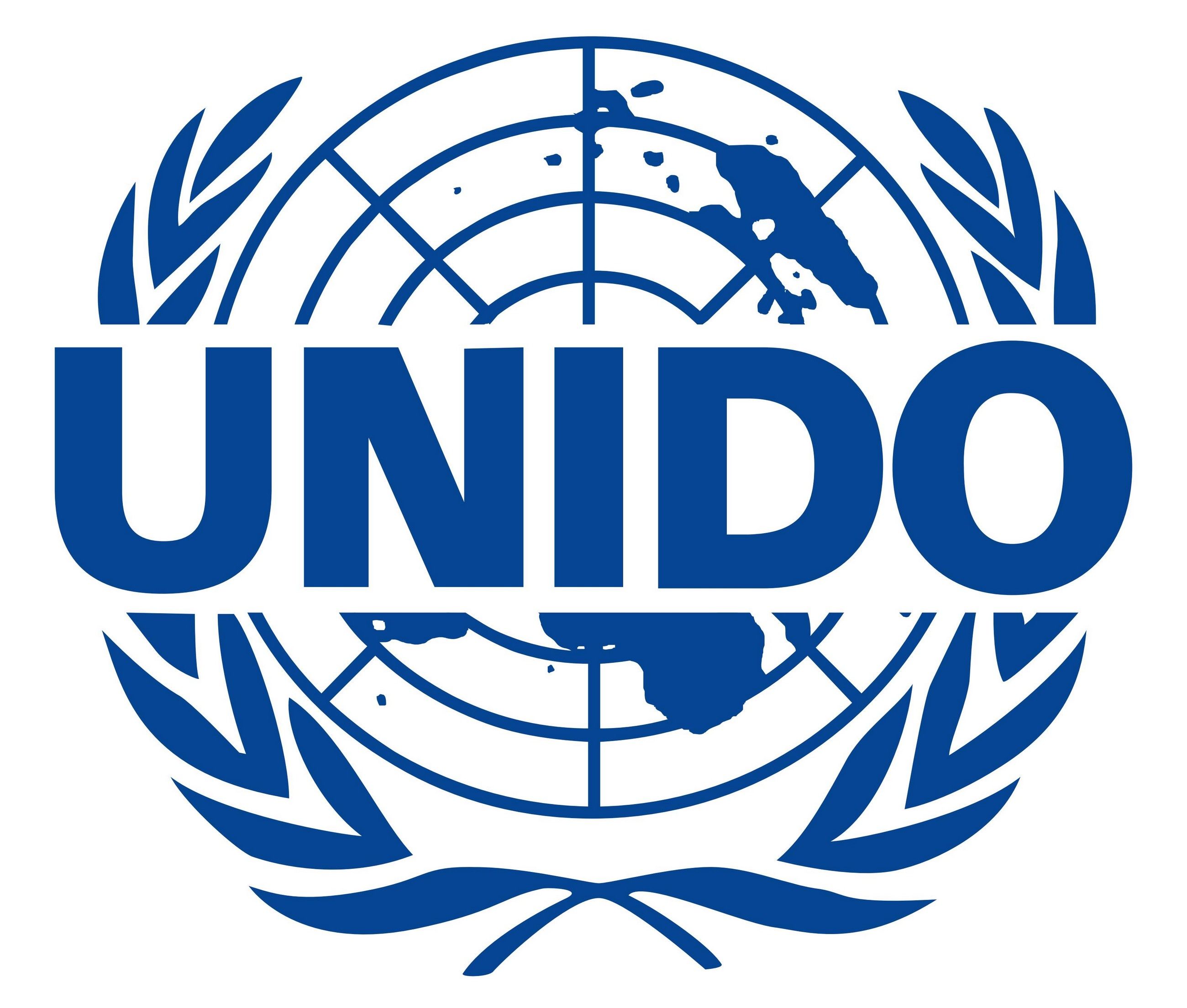
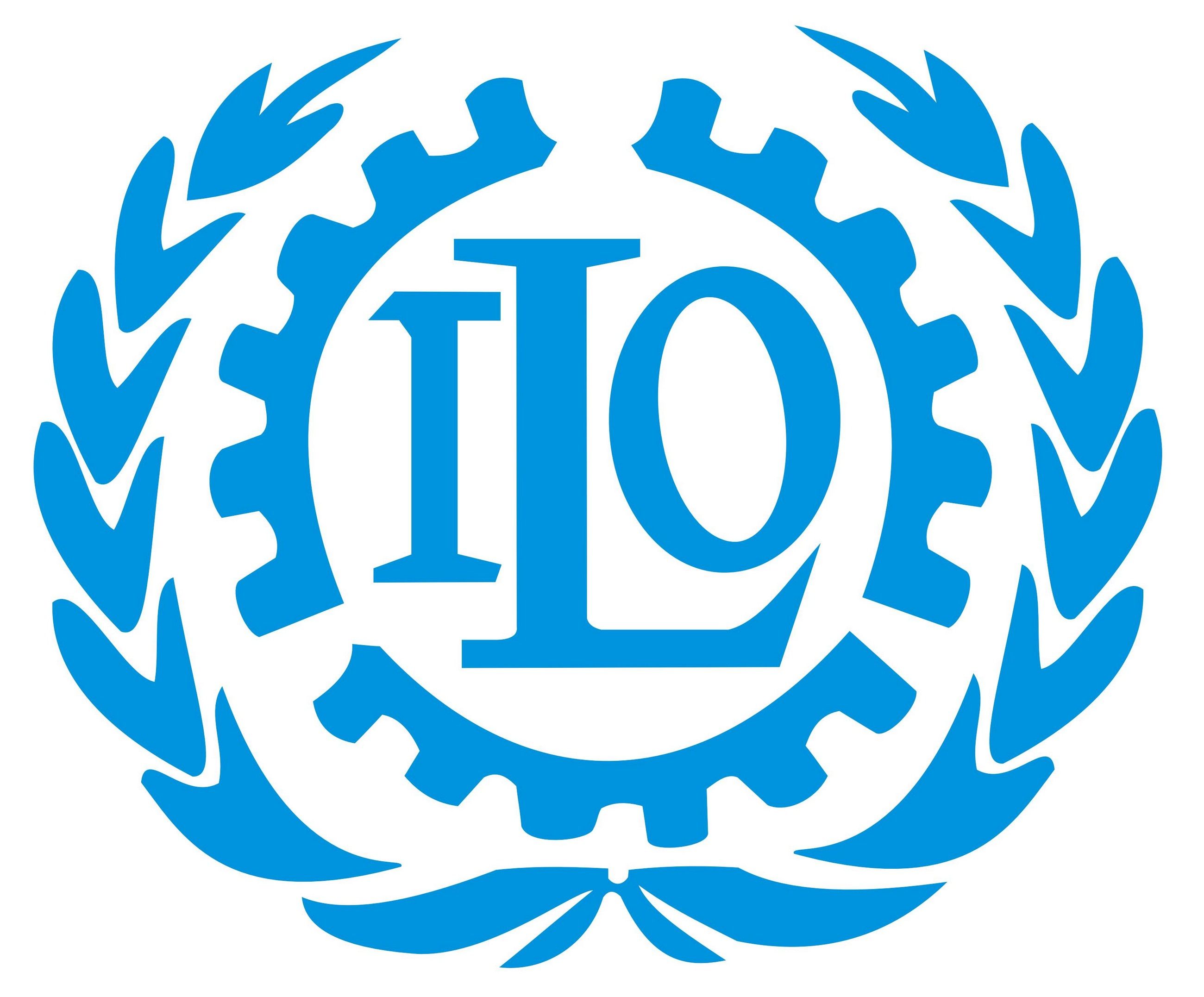
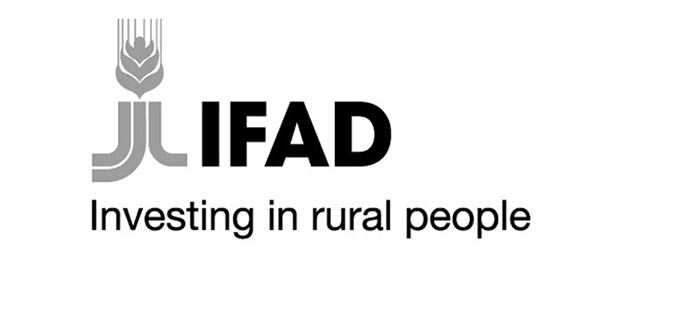
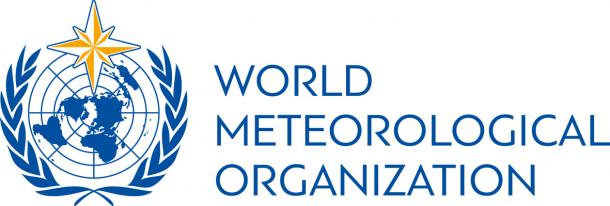
Partners

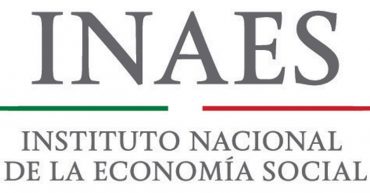
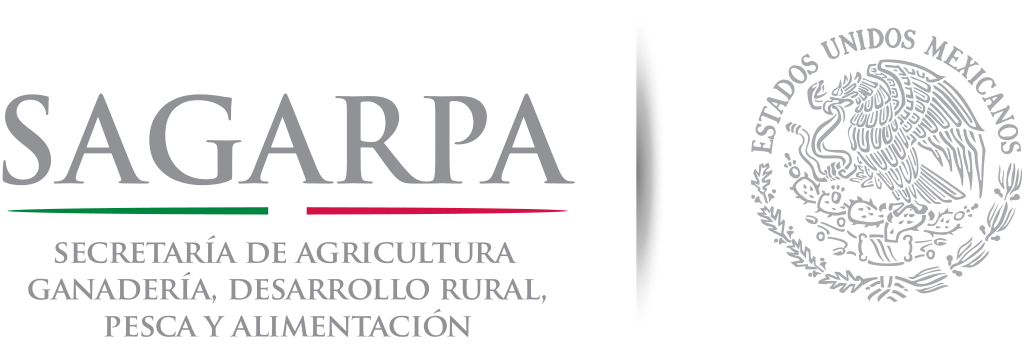
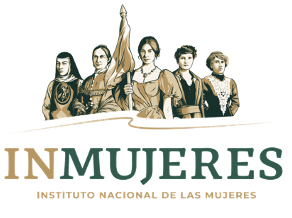
Energy and climate action
|
Funded
|
Pipeline
|
Incubated
|
|---|---|---|
|
|
Energy accounts for two-thirds of total greenhouse gas, being the main contributor to emissions production. Despite 70% of clean energy investments are privately financed worldwide, in accordance to a special report developed by energy investments on clean energy in developing economies needs to expand by more than seven times, to above US$ 1 trillion, to put the world on track to reach net-zero emissions by 2050. Catalytic grants from the Joint SDG Fund are a critical bound to development finance institutions lending and attract private capital injections. Our portfolio brings financial solutions that span from lending and impact investing to insurance and smart subsidies. It aims to attract private investment to markets and sectors at early stages of readiness – or in situations where the risks are hard to mitigate, such as energy access projects for vulnerable communities or in remote areas.
Blue Economy
|
Funded
|
Pipeline
|
Incubated
|
|---|---|---|
|
|
The monetary value of the world’s oceans has been estimated at US$ 24 trillion by the World Wide Fund for Nature. This wealth is at risk because overfishing, pollution and climate change put an unprecedented strain upon marine ecosystems. Oceans are getting warmer, stormier and more acidic, impacting the health of sensitive marine ecosystems and the lives of human communities that rely on them. Ocean reefs, the home of the planet’s most diverse ecosystem, contribute to the livelihoods of at least 500 million people worldwide generating US$ 36 billion per year for the global tourism industry. Our programmes and pipeline in the blue economy space bring financing solutions that are adapted to the needs of island nations and coastal communities to preserve marine resources and coral reefs while offering income opportunities to coastal populations. They support scalable blue economy businesses, through equity and debt finance, risk guarantees, performance grants, incubation and technical assistance, to build resilience in coastal ecosystems and create jobs not only to allow us to save our planet, but also to build more resilient economies.
Food systems and agriculture
Poverty is deeply intertwined with successes or failures in agriculture and food security, with the majority of the rural poor depending on agriculture and natural resources for their livelihoods. Recent estimates from FAO show that nearly 10% of the world population is still undernourished. The impacts of climate change, conflicts and Covid-19 pandemic take an even higher toll - resulting in an estimated 118 million more people suffering from hunger and one in three people not having access to adequate food in 2020. On the other hand, the ecological footprint of the global food system continues to grow in terms of energy, resource use, and the contribution to greenhouse gas emissions. To address these issues, the traditional approach to food policy must be reoriented towards food-system-wide approaches that provide incentives for investments in inclusive and sustainable development of food systems and for steering consumer behavior and food preferences toward healthier and more sustainable diets. Investments in food system innovations are key in driving change towards more a more sustainable and food secure future. Our programmes and pipeline in this area include solutions financial solutions that include microcredit and microinsurance, downscaling schemes from multilateral development banks, and a variety of blended finance facilities supporting agricultural supply chains, smallholder farmers, rural development, nutrition, and sustainable farming transitions. repurpose finance to support sustainable and resilient food systems, reduce finance that is destroying/degrading food systems, optimize finance to mobilize investment and increase access, and scale up public and private finance flowing to healthier diets. Examples include blended finance facilities, de-risking and collateral support mechanisms, sovereign and impacts bonds, business incubators, among others.
Social Impact
Leave no one behind (LNOB) is the central, transformative promise of the 2030 Agenda for Sustainable Development. LNOB not only requires the elimination of social practices that leave particular groups of people further and further behind, but it also demands equal access to basic services, resources and opportunities for all. This will come at a cost. Achieving LNOB will require significantly more financing than is currently invested in human and sustainable development, and for these funds to be channeled towards improving the lives of those who are furthest away from reaching SDG targets. Focusing on the social sectors, the Overseas Development Institute estimates that global financing requirements for education, healthcare, and social protection transfers alone amount to US$ 137 billion annually in low-income countries. While these sectors require large investments to make the required transition, they often rely on public funds. These are rarely the sectors that private funds invest in, as their objective is to earn a return that is higher than the initial investment, no matter how minimal. Therefore, our programmes and solutions focusing on LNOB innovate the way we finance and address these barriers and close the financing gap, by offering viability gap financing, early stage capital investments, de-risking mechanisms, smart subsidies, and technical assistance to empower people and early stage enterprises driving impact in key social sectors.
